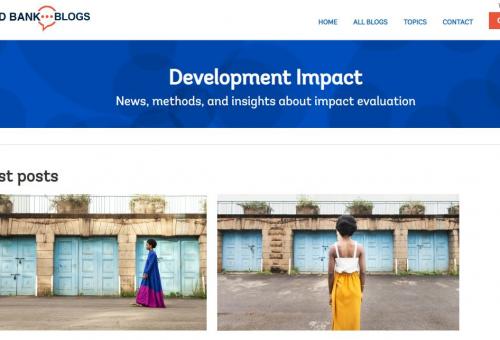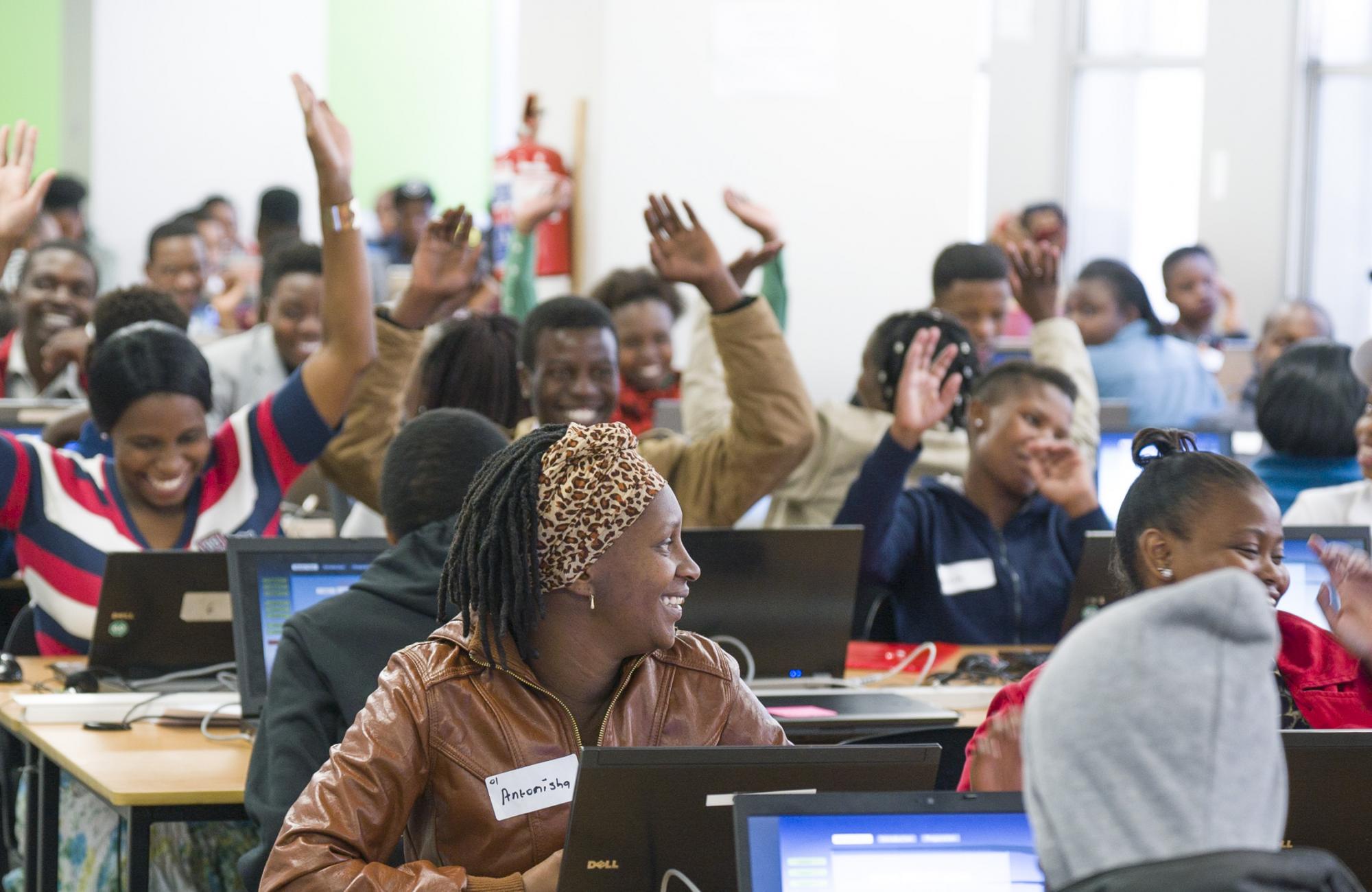
In his weekly links for the Development Impact blog, David McKenzie features an MBRG measurement matters series post from Lukas Hensel on measuring income expectations using phone surveys.

Marta Grabowska features in the World Bank's Weekly Links blog with her Measures Matter post on psychometric validation for non-cognitive skills.
The UNDP Accelerator Lab in The Gambia is launching an exciting new soft skills training programme for young people who have lost their jobs because of COVID-19. The program will be adopting a labour market intervention developed by Carranza, Garlick, Orkin and Rankin (2020) to reduce labour market friction between prospective employers and young work-seekers.
Addressing information frictions by improving skills communication between work-seekers and potential employers can increase earnings and positive employment outcomes. Carranza, Garlick, Orkin and Rankin (2020) discuss how a skills assessment intervention has had positive outcomes for young work-seekers in South Africa.
Carranza, Garlick, Orkin and Rankin (2020) discuss their latest paper, showing that assessing young work-seekers’ skills can increase earnings and employment and help prospective employers too. With 67.6 million people aged 15-24 unemployed in 2019, the potential of this intervention to mitigate labour market frictions is exciting.
Carranza, Garlick, Orkin and Rankin (2020) discuss their latest paper, showing that assessing young work-seekers’ skills can increase earnings and employment and help prospective employers too. With 67.6 million people aged 15-24 unemployed in 2019, the potential of this intervention to mitigate labour market frictions is exciting.
